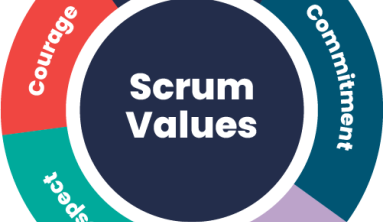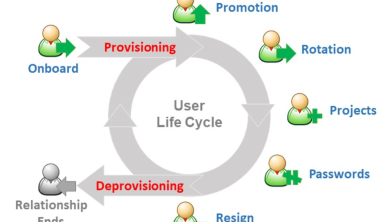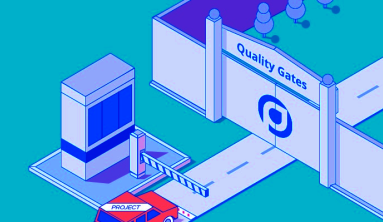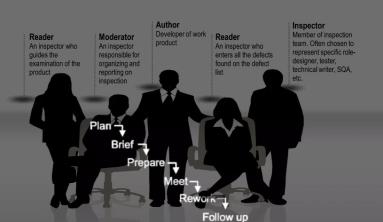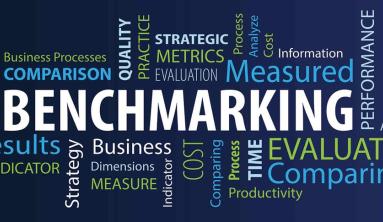PoC vs Prototype vs Pilot vs MVP: What Should Startup Founder Use?
Let us look at the definition and fitting of these terms one by one below.
Proof of concept (POC)
A Proof of concept is an experiment of a specific approach or design to
validate the feasibility of a requirement or idea.
POC (proof of concept) is typically short in duration and is used to validate feasibility of an idea. A POC is generally “throw away” in that it does not result in production ready code. – Joel Lindstrom
Trial of specific approaches or methods in technology, such as integrations or plugin behaviors, that eliminates the risk of dependencies on functions that are otherwise not explicit out of the box features. –Ron Giblin

Examples:
- Validate that the Universal Resource Scheduling can be used to book course delivery to teachers based on the teacher’s availability, accreditations, skills, and location.
- Validate that an integration between Dynamics 365 and a legacy application can be done, including rollbacks, retries, timeouts and errors handling.
- A company is interested in a new technology such as Power Virtual agents, so they quickly build out a functional chatbot around one of their business processes.
Prototype
A prototype is a sandbox environment where we mimic functionalities to help gather and validate requirements from a User Interface or business process perspective.
A prototype is an early but not final representation of the User Interface, with elements in place needed to perform a system transaction or part of a process. – Ron Giblin
Prototypes validate how a problem will be solved. It is bigger than a POC but is not deployed in production. – Joel Lindstrom.
.png)
Examples:
- Forms and Business Process Flow layout to validate technician activities to service a job, including the sequence of data inputs and a checklist of tasks to be performed.
- After the POC, Acme corporation prototyped chatbot to a small group of users to get feedback.
- A Power Apps Portals with sample forms, lists and pages to consolidate Portals requirements.
Pilot
Pilots are small initial deployments of a solution – while they may not be the full and final solution, they should be feature complete for the functionality included and will be used in production in a limited rollout. Lessons learned from a pilot are incorporated to f.e. make a full enterprise rollout smoother. – Joel Lindstrom
A pilot is a production environment of Dynamics 365 or the Power Platform used in real-world conditions by a small group of users or area of an organization. The purpose of the pilot is to allow the organization to determine if the current configuration is the appropriate solution and gives personnel and users hands-on experience. This reduces the risk of an unsuccessful wider launch and adoption later. – Ron Giblin

Examples:
- A Field Service solution deployed in production and used by 30 users in a specific region. Following this initial pilot, the system will be fine-tuned before a deployment to additional regions.
- A Sales solution deployed in production and used by 5 key users for a period of time, before being rolled out to the remaining sales users.
- After the Prototype, a pilot of the chatbot was deployed for helpdesk users in the South office.
Minimum Viable Product
A minimum viable product is a version of the solution that delivers key customer identified features that are aligned and sequenced for delivery according to the roadmap of features identified in Envisioning. – Ron Giblin
MVP is the Minimum viable product – all deployments should have MVP, including prototypes and Pilots so that we avoid scope creep and ensure that the end result is usable. – Joel Lindstrom

Examples:
- For a Customer Service solution, the MVP is the case creation and update including a simplified Business Process Flow for the case lifecycle. Future releases include an improved Business Process Flow, Case relationships, SLA and knowledge management.
- The MVP for the chatbot pilot included the ability to reset passwords and open a helpdesk ticket for desktop issues. Future releases include additional ability like requesting automatic software install on users machines.
Final Thoughts
As can be seen, MVP vs PoC vs Pilot vs Prototype are three quite different concepts. Each has a specific use that can offer benefits for the business. The only true test of a product with customers is the minimum viable product.
Choosing the right option of these three that is best suited to your purpose optimizes the chance of business success. It helps save time and money by prioritizing scarce startup resources in the right way.
For each stage, PoC, Prototype or MVP fits. Have a look at the matching!
- A Proof Of Concept focuses on theory (or concept) check, and the FEASIBILITY to develop it.
- A Prototype checks HOW the theory or concept can be done. Here the focus is to identify issues early (and quickly), in order to solve them before the project becomes too complex.
- A Minimum Viable Product checks the MARKET ISSUES, here we're talking about user issues while using the core functionality.

A couple of things to remember:
- While cheap (POC and Prototype) investment in time and resources will be necessary so must have a clear outcome in mind before we get underway.
- The outcomes are time sensitive, if you’ve completed your POC and Prototype some time ago then the underlying assumption or business requirements might have shifted, revalidate these before proceeding to pilot and from there to production.
- For the POC and Pilot it's important to have clear matrices for measuring performance at each stage.
- Document document document. Finally, document everything, capturing requirements, proven assumptions, lessons learnt will all aid you.
How can TIGO Solutions help?
TIGO Solutions (or TIGO for short) is a full-cycle software development company. We partner with companies across all sectors to offer custom software development. Our mission is to bring businesses to the next level, transforming ideas into actual digital solutions. We can help you with developing an MVP. We can also help with building a prototype or presenting a POC. We are very experienced with all three of these concepts and we can advise which of these is best for you for the stage you are at. Whether you are looking to gain investment, decide how a concept can work, or seek customer feedback iteratively, TIGO can help you achieve your business goals,
If you have questions about proof of concept, prototyping, building an MVP, or the discovery phase, feel free to contact us and discuss your project. We’ll gladly offer you our expertise and custom software development services.
Via TIGO Solutions

